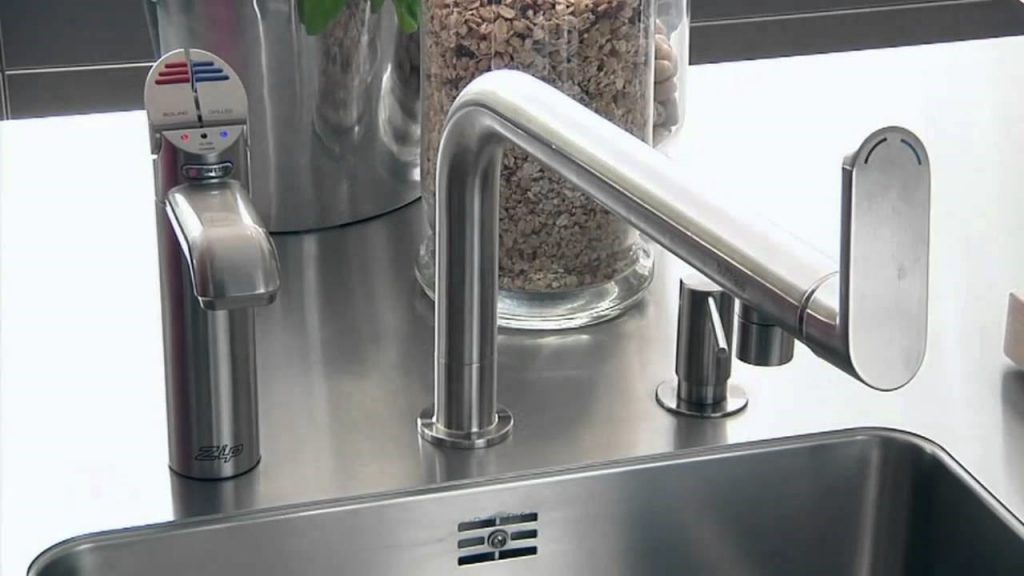Wondering how to use water softeners and what the best system is for your home?
A water softener is a device that absorbs hardness in water. It works by using chemicals to reduce water hardness, resulting in softer water.
It also keeps sediment out of the system. Conventional softeners are also safe to use. But if you have problems with any of the softening chemicals, your softener may need to be replaced.
Ask a Brita recycling expert for advice on how best to use a water softener and the best type of softener to buy to get the best effect. The best thing you can do for selecting the water fiter for your home is to read Aquapure whole house water filter review from a trusted source.
How to use water softeners?
Look for water softener https://watersoftenershub.com/best-water-softeners/ that have UV light as well as a softer tap water. Using water softeners in your home will help prevent harmful bacteria and other contaminants that can build up in the water supply.
The softer your tap water is, the less hard your showers and washing up. Use softeners or extra filters for your washing machine and dishwasher, too.
Use one type of softener at a time, such as a conventional one or a bidet softener. Switch to a different system only when your regular water softener needs to be replaced or replaced with a fresh system.
You can also take advantage of our tips on how to use a water softener at home. Avoiding the ‘sour’ taste in soft water
The main factor contributing to the unpleasant taste of hard water is mineral deposits on pipes, faucets, and shower heads.
To prevent this, you should change your tap water filters every three months. Or you can try cleaning out your pipes with a solution of 1-part vinegar to 5 parts water and leave for 30 minutes before rinsing.
You should also flush your pipes with cold water from time to time, especially if they tend to get sluggish. To test your pipes, you can take a shower, while holding the shower head away from the floor so water doesn’t run out. If water runs out when you stand in the shower, it is time to clean your pipes.
How to buy a water softener?
Most water softeners are classified as either conventional or renewable. Most people prefer to use softening solutions that have been approved by the International Standard Institute (ISI).
However, many filters or water softeners are made in the EU, which means they can’t be used to treat UK water. A water softener for the UK needs to meet ISI standards and have a certificate showing it has been tested for compliance with the BS EN 15161 standard.
To find out more about water softeners, visit our guide to water softeners.
Read More: Choose best Waterdrop RO water filter for better health
Types of water softener
Conventional softener
This is the simplest type of water softener. It uses sand and minerals such as quartz, soda ash, and calcium chloride. These are combined in a tank. The soft water is passed through a membrane containing the chemicals, before being drained out and treated.
Renewable softener
Renewable water softeners use magnesium salts, calcium, and potassium salts to absorb hardness. The salt lowers the levels of calcium and magnesium in the water, while the potassium dilutes the hardness.
To use, the softener sends water through a reservoir and through a softening chamber, before having the hard water separated. The top layer goes into a water delivery tank, while the remaining rock and mineral remains in the softener tank.
You can use this type of softener on its own, or combine it with a conventional softener in a complete system.
Some renewable softeners can be stored in a fully submerged tank. However, all systems need to be emptied and refilled with distilled or bottled water to maintain their effectiveness.
Disposable filters
Disposable filters contain activated carbon that absorbs water to form a medium, which can be then removed from the tank by the user. This medium is designed to be disposed of in the bin, rather than the regular recycling bin.
Multi-luminescent filter
This type of filter is used to purify the water before the hard water is removed. The dissolved waste products from hard water are trapped within the cellulose fibres. The filter will continue to function even after the water is drained, so you can continue to use it until you replace it.
Portable filter
These are available from a range of different manufacturers. They work by pumping water through a chamber that contains activated carbon. This forces the waste particles to form a gas within the chamber. This gas is then released into the surrounding water to form a thick layer on the membrane.
What to look out for when buying a water softener
To find out more about the different types of water softener and what to look out for, visit our water softener page.
‘No rinse no chips’ is an anti-kerosene water softener guarantee from the Manufacturer’s Warranty. The phrase means the manufacturer will repair any appliance if the incorrect products are used and damage is caused.
Apart from that, if you want to know about Gourmet Escape Then please visit our home improvement category


